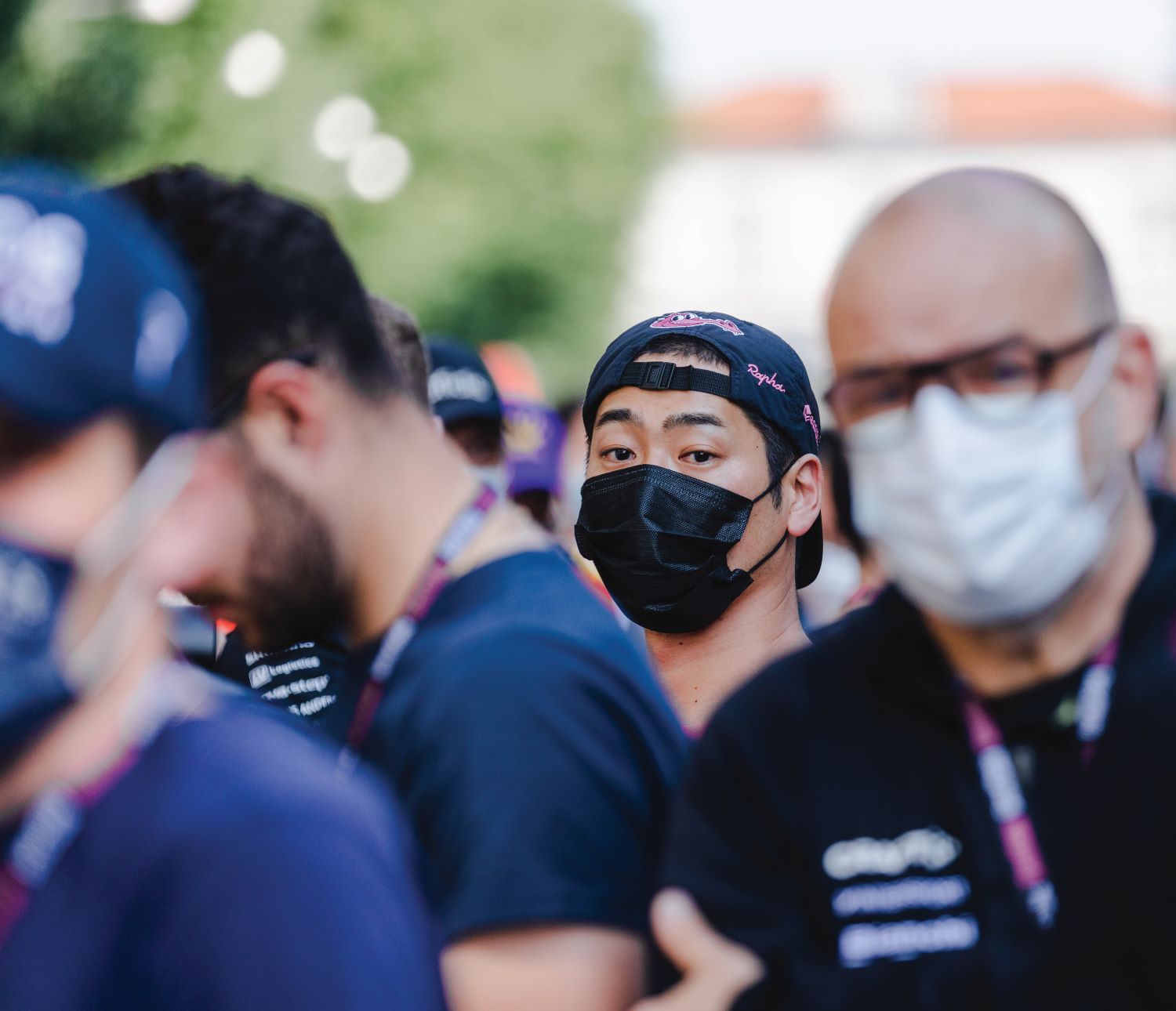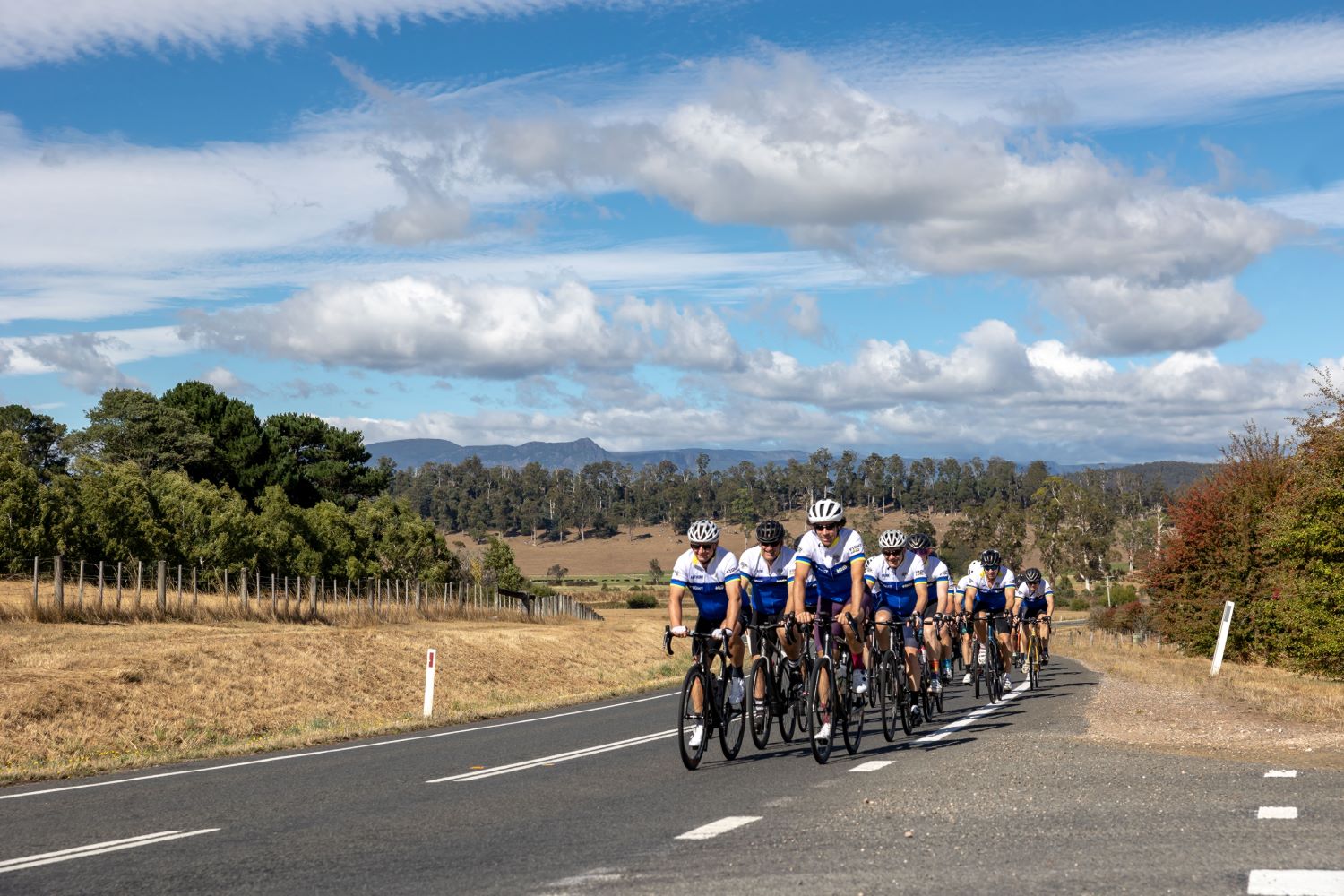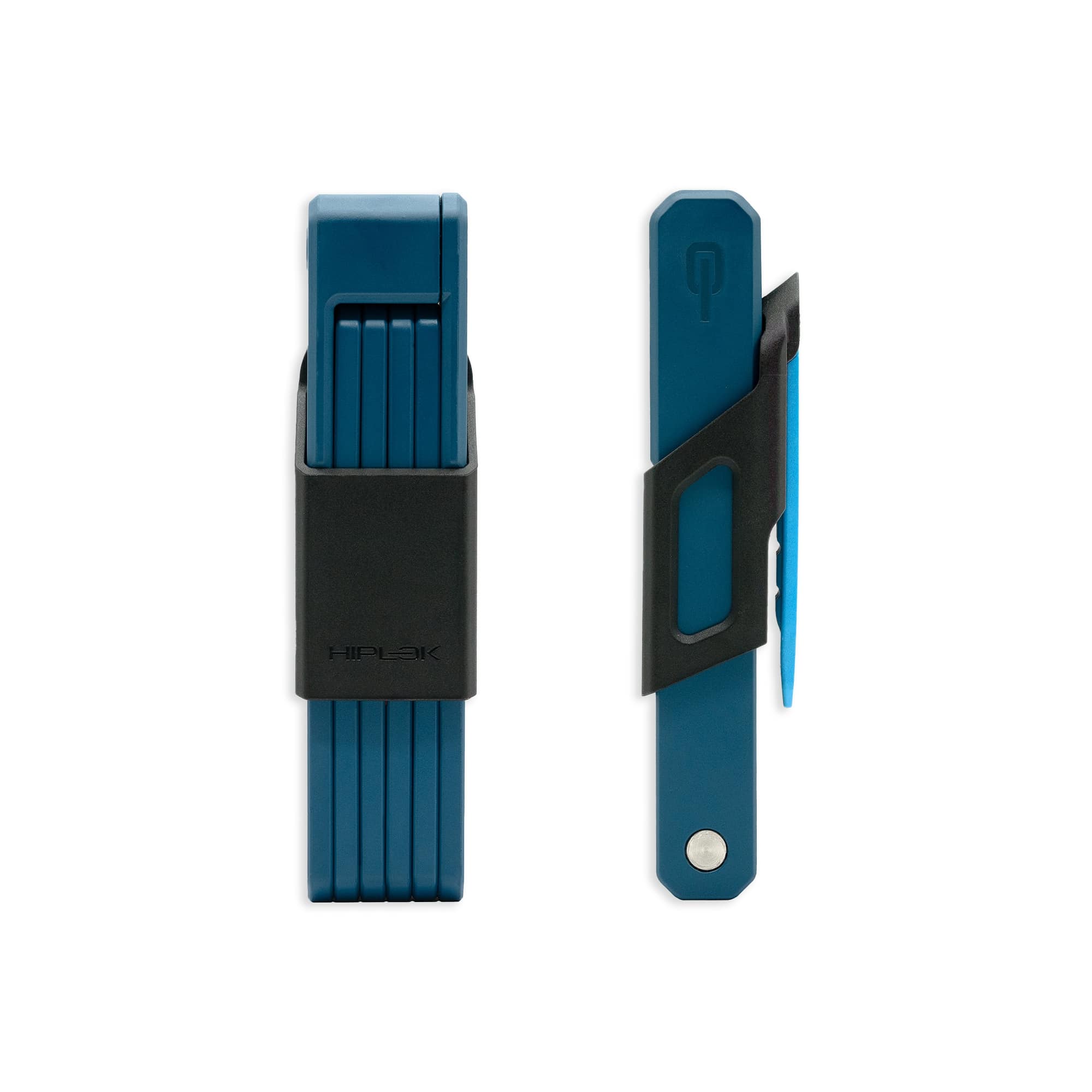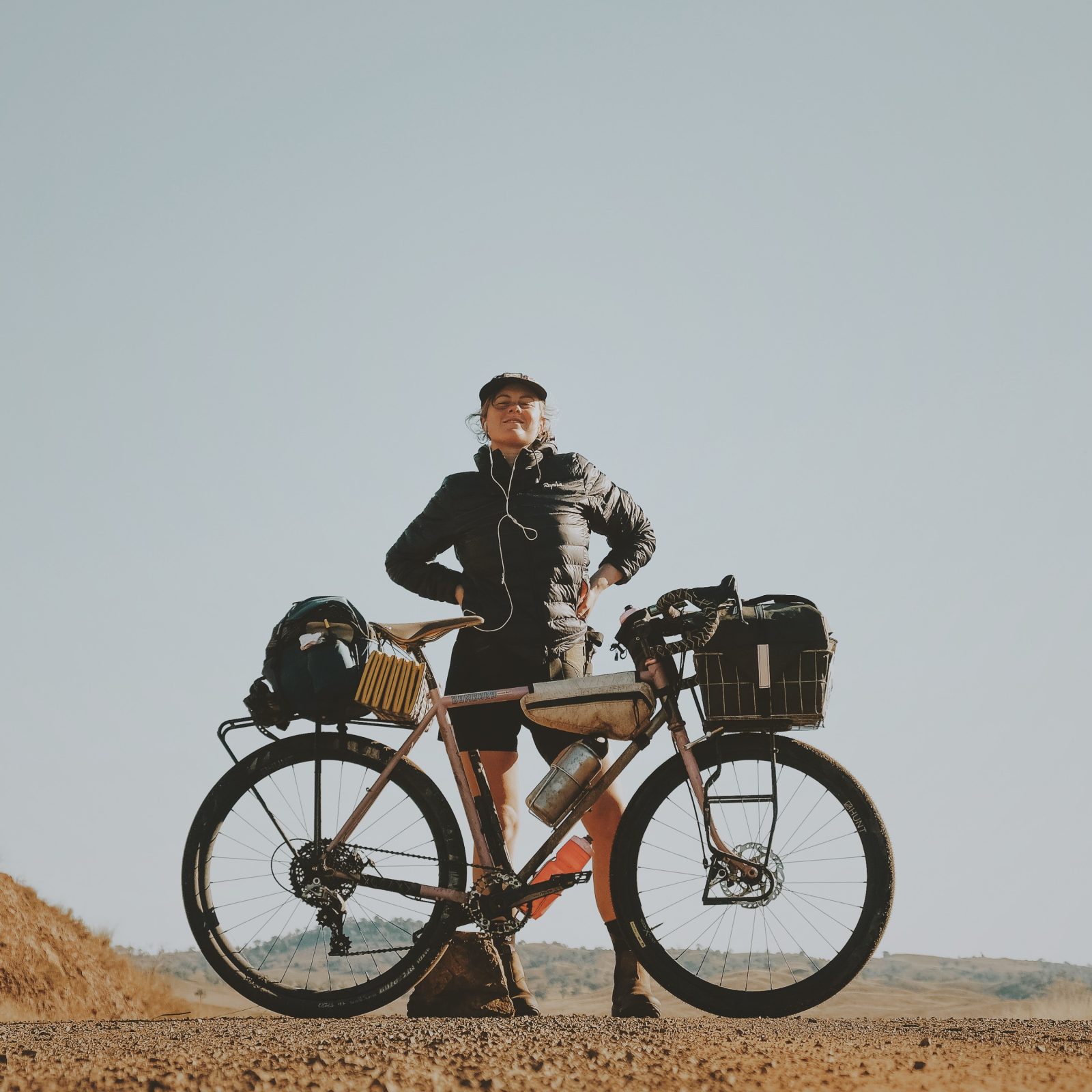
In our continuing series on life behind the scenes at the big races, we talk to EF Education-EasyPost soigneur Takuya Sakamoto
Words James Witts Photography Harry Talbot
‘When I tell people at home I’m involved in cycling, they say, “Ah, keirin?” I’m like, “No, road cycling.” And they look perplexed.’
Takuya Sakamoto has been a soigneur – the great multi-taskers of any cycling team – for American WorldTour team EF Education-EasyPost since 2021 and has worked in cycling since 2015, a career path that he admits is unusual for a young man from Japan.
‘I never thought I’d leave Japan and work in Europe,’ he says. ‘Certainly not in cycling.’
In Japan, track-based keirin racing is big business thanks to the fact that it’s one of only four sports in Japan that the public can legally gamble on, but road racing has struggled to gain traction.
‘It might seem odd that road cycling’s not more popular when a bike company the size of Shimano is from Japan, but there’s a good reason for that. We have problems with the police.’
It seems that the Japanese public has a low tolerance for cyclists and, in a sentiment that will resonate with British cyclists, a Covid-fuelled rise in bicycle use hasn’t gone down well at all.
A Japan Bicycle Promotion Institute survey suggests 71.8% of pedestrians and 88.1% of motorists have ‘felt annoyed or in danger due to cyclists’.
Bike-related incidents are on the rise in Tokyo, and revised traffic laws mean cyclists found guilty of tailgating face fines of up to ¥50,000 ($500) or even three months’ incarceration.
Big in Japan
‘I was at university when I came across cycling and joined the club where we competed in both track and road.
Before I signed up, the only thing I knew about the sport was the Tour de France.’
He didn’t make the big time as a rider, but his introduction to the WorldTour arrived thanks to one of Japan’s largest construction companies.
‘Nippo had been involved in cycling for many years,’ he says. ‘When I was at university, Nippo started to look for staff for a new venture.’
That ‘venture’ was the Nippo-Vini Fantini-Faizanè Pro team, which lasted from 2015 to 2019 and billed itself as the world’s first Japanese-Italian professional cycling team.
Its aim was to strengthen the pathway for riders from East Asia to make it on the global stage and was bankrolled by Nippo, which developed an affinity with cycling when it became involved in the building of velodromes.
Giro d’Italia and three-time Il Lombardia victor Damiano Cunego headed up the project, which racked up 47 victories during its five-year reign. ‘That was my first role as a soigneur,’ says Sakamoto.
When the team folded in 2019, Nippo took over sponsorship of French pro team Delko One Provence from 2020. ‘I followed, but only for one year as in 2021 I moved to EF.’
Rice, race, rub
‘Every day at a Grand Tour is different, but I always start work around two hours before we leave the hotel for the day, waking around 7am.
I have breakfast, make bottles for the riders and prepare lunch for the staff.
This is mainly sandwiches. I’ll also make snacks for the riders including rice cakes.
‘I enjoy cooking and experiment with different flavours of rice cake, so one day I might add coconut, another orange. There are many things you can do with a rice cake.’
At a Grand Tour, such as the Giro d’Italia that Sakamoto covered in 2023, the team has six soigneurs.
‘Four follow the race and the other two head straight to the next hotel,’ he says.
‘If you go to the hotel, you’ll carry the suitcases in and maybe do some washing.
If you’re “in” the race, you’ll drive ahead to the feed zone.
We’ll always find a spot on a slight incline so the riders are moving more slowly when we hand out the musettes.’
To stave off monotony, soigneur roles alternate each week between the race and the hotel.
Once all the soigneurs are back at the hotel, what happens next depends on the riders.
‘We always massage but if it’s a mountain stage and the riders have to descend afterwards to the team bus before hitting the hotel, we’ll have time for things like cleaning the cars.
‘As for massage, it’s normally two riders per soigneur depending on how many riders are still racing. We’ll massage for one hour per rider.
At Nippo it was 30 minutes per rider because of resources but there are more of us here.
It’s tiring, especially if a rider has endured a tough mountain stage as their legs are very hard.
‘I tend to use baby or coconut oil for the legs and massage cream for the back and shoulders, though I might mix a little oil in with the cream too, as it can be a little dry without.
Every soigneur has a different way.’
It’s then shower, dinner – ‘with a glass or two of wine if we win a stage’ – and bed at 10pm. Then the alarm goes off to start another long day.
‘But I love it,’ says Sakamoto, ‘especially the Italian races and the Giro dell’Emilia in particular, as that’s the region where I lived with Nippo.’
Sakamoto’s 2024 season started with the Tour of Colombia in February, then back to Spain for a few days before flying out to the UAE Tour.
‘It’s then back to Italy for Strade Bianche, Tirreno-Adriatico, Milan-San Remo and the Giro.
For me, this is the dream job.’
Name Takuya Sakamoto
Job title Soigneur at EF Education-EasyPost
Nationality Japanese
Seasons in the job Three
Teams worked with Nippo-Vini Fantini-Faizanè, Nippo Delko One Provence, EF Education-EasyPost


